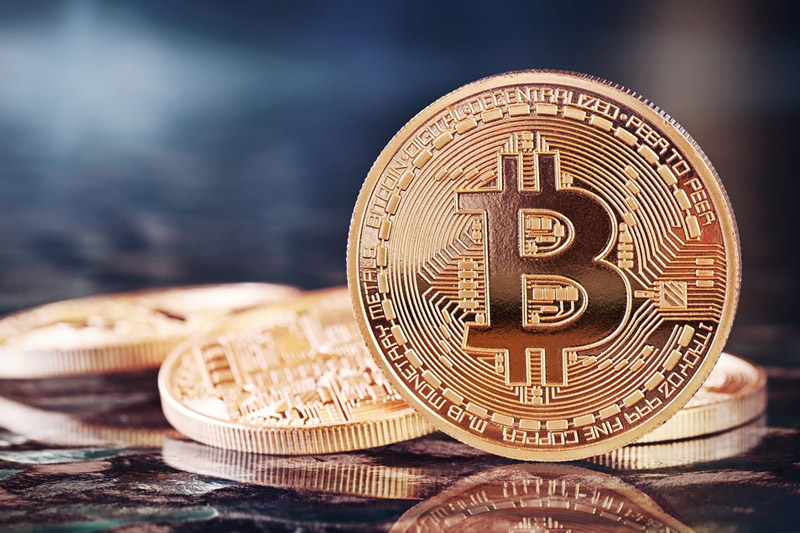U.Today - Peter Schiff has once again shared his concerns about Bitcoin (BTC), suggesting that there needs to be a clearer line between the digital asset and the concept of money itself. His concerns come up in the context of broader economic discussions about inflation and the Federal Reserve's strategies.
Schiff says the latest inflation figures show that the central bank's interest rate measures are not doing enough to curb inflation. While he sees it as a worrying sign, the fact that Jerome Powell, current Fed head, called Bitcoin a digital alternative to gold did not encourage Peter Schiff.
For him, Bitcoin is neither money nor an adequate substitute for gold. The prospect of the cryptocurrency integrating with state mechanisms raises further concerns, suggesting the potential for economic disruptions, per the expert's reflections on adding Bitcoin to strategy reserve calls.
However, a different narrative is emerging from BlackRock (NYSE:BLK), the world’s largest asset manager. Bitcoin has not just entered the conversation but, in the view of one of the world's largest hedge funds, has matured enough to claim a strategic spot in traditional portfolios.
BlackRock wants more Bitcoin (BTC)
BlackRock's new report, which positions Bitcoin as a 1% to 2% allocation in 60/40 investment portfolios, directly countered Schiff’s skepticism. Despite Bitcoin’s reputation as volatile and speculative, BlackRock’s analysis places it alongside industry giants like Nvidia (NASDAQ:NVDA) and Amazon (NASDAQ:AMZN) - assets that offer diversification within their unique risk profiles.Low correlation with traditional markets is a key point in BlackRock’s argument. While Schiff critiques Bitcoin for its lack of intrinsic value, BlackRock sees it as a hedge against systemic risks, such as geopolitical tensions and fragmented financial systems.
Even with its swings, Bitcoin’s calculated inclusion, the report notes, mirrors the risk levels of tech giants dominating portfolios today. By embracing cryptocurrency, BlackRock signals a growing institutional shift that defies traditional skepticism.
